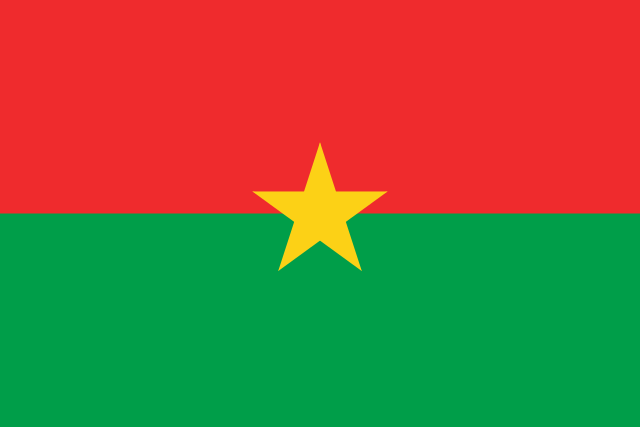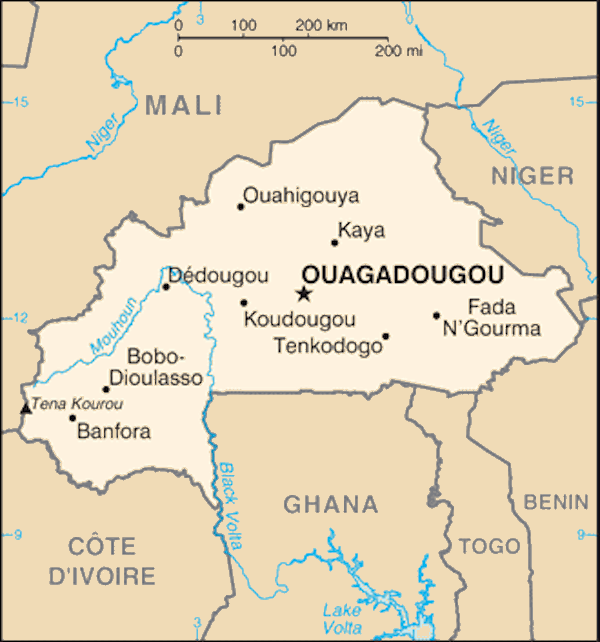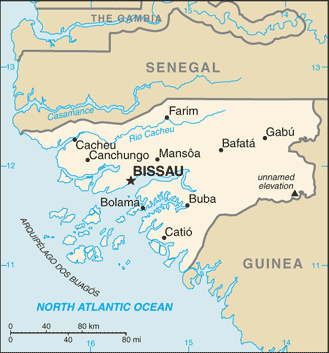On Sunday, Burkina Faso’s capital again filled with thousands of protesters, this time demonstrating against the new “transitional” government of Col. Zida, whose backers unexpectedly seized power from within the military on early Saturday, removing the first military government set up on Friday after Blaise Compaoré resigned the presidency.
Zida, who was Army Spokesman and commander of the presidential guard, is less well known than many of the country’s top officers and is feared to be even more tied to the old order than the Friday government. Although he pledged a quick transition to elections and a new constitution, the timeline was undefined. One protester told Reuters why there was enough concern today to take to the streets again today:
“They are coming from Kossyam to enslave us,” said protestor Sanou Eric, in a reference to the Presidential Palace. “This is a coup d’etat. Zida has come out of nowhere.”
Zida’s Saturday government was created in the country’s seventh successful military coup since independence from France in 1960.
Later in the day today an apparent attempted 3rd coup in as many days was thwarted, according to Reuters reporting in the capital:
Witnesses said prominent opposition leader Saran Sereme and an army general, along with a crowd of their supporters, headed to the RTB Television on Sunday afternoon to declare themselves in charge of the transition but were thwarted by the army.
Gunshots rang out at the station and the channel was taken off the air. There were no reports of anybody being injured.
The Army reportedly dispersed the massing protesters in the capital streets with live-fire warning shots.
The international community continues to play wait-and-see, in light of the fact that they cannot automatically label the situation a coup (with all the legal implications that brings) because the constitutionally prescribed transfer of power was impossible due to the specified successor position not existing when the presidency became vacant on Friday after 27 uninterrupted years of control.
In other news, witnesses in neighboring Côte D’Ivoire reported the arrival of former President Compaoré in their capital on Saturday, according to the AFP:
…Burkina Faso’s deposed president reportedly arrived in neighbouring Ivory Coast, less than 24 hours after being forced from power. Compaore, who resigned on Friday amid mass protests against his 27-year rule, arrived in the capital Yamoussoukro on Saturday with his family.
“The services of the President hotel in Yamoussoukro served him [Compaore] dinner yesterday [Friday] and breakfast this morning [Saturday],” a hotel employee told the AFP news agency. A local resident told the AFP he saw “a long cortege of around 30 cars going in the direction of the villa,” which is used as a semi-official residence for foreign dignitaries.




 On Friday, Burkina Faso’s President Blaise Compaoré
On Friday, Burkina Faso’s President Blaise Compaoré 